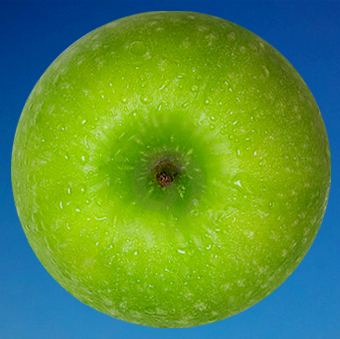
By comparing the bacteria found in fruits and vegetables to those found in the human gut, researchers have demonstrated, for the first time, that consuming fruits and vegetables contributes positively to the bacterial diversity of our gut microbiome.
The human microbiome has featured prominently in research, with links being made between it and cancer, personality, memory, and diseases such as diabetes and multiple sclerosis.
While it’s understood that a mother’s microbiome is transferred to their baby at birth and boosted by breastfeeding, what other sources of gut bacteria are there? A new study by researchers at the Graz University of Technology in Austria has confirmed, for the first time, that one source is fruits and vegetables.
“The proof that microorganisms from fruits and vegetables can colonize the human gut has now been established for the first time,” said Wisnu Adi Wicaksono, lead and corresponding author of the study.
A microbiome is the totality of all microorganisms – good and bad – that colonize all or part of a macroorganism, such as us, animals, and plants.
In the current study, the researchers started by creating a catalog of microbiome data from 156 fruits and vegetables.
In addition to highlighting the importance of fruits and vegetables as a natural source of microbiota, the researchers say that their findings also highlight the importance of employing good agricultural practices.
“Intake of plant-associated bacteria through fruit and vegetable consumption is one of the main connections between the human microbiome and the environmental microbiome,” said the researchers.
“Therefore, any factors that influence the indigenous fruit and vegetable microbiota, i.e., farming practices, breeding, and post-harvest treatments, may directly/indirectly affect the gut microbiota composition.”
The researchers are already working on an international study where people will eat exactly the same thing for a period, after which time their stool will be analysed.
“Every fruit and vegetable has a unique microbiome,” said Gabriele Berg, another of the study’s corresponding authors.
